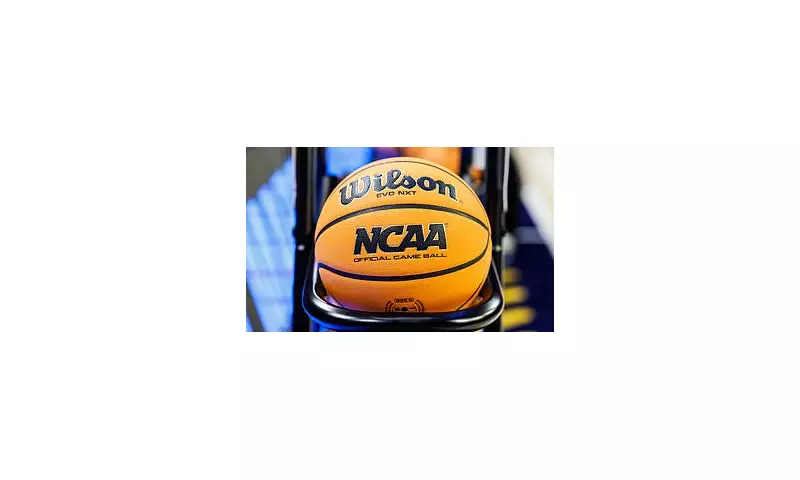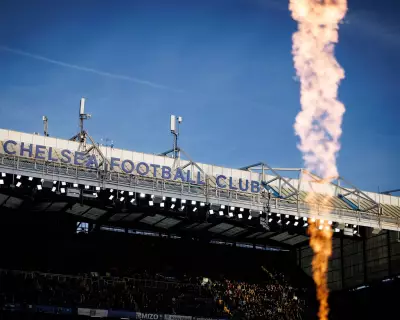
In a seismic shift that's sending shockwaves through American college sports, the NCAA has dramatically overturned its long-standing prohibition on sports betting partnerships, clearing the way for student athletes to profit from gambling company sponsorships.
The Rule Change That's Changing Everything
The controversial decision marks a complete reversal from the NCAA's previous hardline stance against any association between student athletes and gambling entities. For decades, the organization maintained strict rules preventing athletes from engaging with sports betting companies, but now that barrier has been completely dismantled.
This landmark move comes as states across America continue to legalise sports betting, creating a rapidly expanding market that college sports organisations can no longer ignore. The financial potential for both institutions and individual athletes has become too significant to maintain the previous restrictions.
What This Means for College Stars
Under the new regulations, university athletes will be permitted to:
- Enter into personal endorsement deals with sports betting operators
- Appear in advertising campaigns for gambling companies
- Participate in promotional events hosted by betting firms
- Leverage their social media platforms for sponsored gambling content
The financial implications could be substantial for top-performing athletes in popular sports like basketball and football, where individual star power can command significant sponsorship fees.
Dividing Opinion Across the Sports World
Reaction to the NCAA's decision has been sharply divided, with strong arguments on both sides of the debate.
Supporters argue that this represents another step toward fair compensation for college athletes, who have long generated massive revenues for their institutions without receiving direct financial benefits beyond scholarships. They see it as athletes rightfully capitalising on their name, image, and likeness in a growing industry.
Critics, however, voice serious concerns about the potential consequences. Many worry about normalising gambling among young athletes and the risks of addiction. There are also fears about potential conflicts of interest and the integrity of games, with questions about how universities will monitor these new relationships to prevent corruption.
The Safeguards and Regulations
The NCAA has emphasised that this rule change comes with important protections:
- Athletes cannot bet on games involving their own teams
- Universities must provide comprehensive education about responsible gambling
- Institutions maintain the right to impose additional restrictions
- Full disclosure of all sponsorship agreements is required
These measures aim to balance the new commercial opportunities with necessary protections for both athletes and the integrity of college sports.
The Bigger Picture: College Sports Transformation
This gambling sponsorship rule change represents just the latest evolution in the rapidly transforming landscape of American college athletics. The NCAA has undergone significant policy shifts in recent years, particularly around athlete compensation, as public opinion and legal pressures have mounted.
The traditional model of amateur college sports continues to erode, replaced by a more professionalised approach where athletes can profit from their talents and marketability. This latest move further blurs the lines between amateur and professional sports, raising fundamental questions about the future of university athletics in America.
As the new rules take effect, all eyes will be on how universities, athletes, and gambling companies navigate this uncharted territory—and what it means for the soul of college sports.




